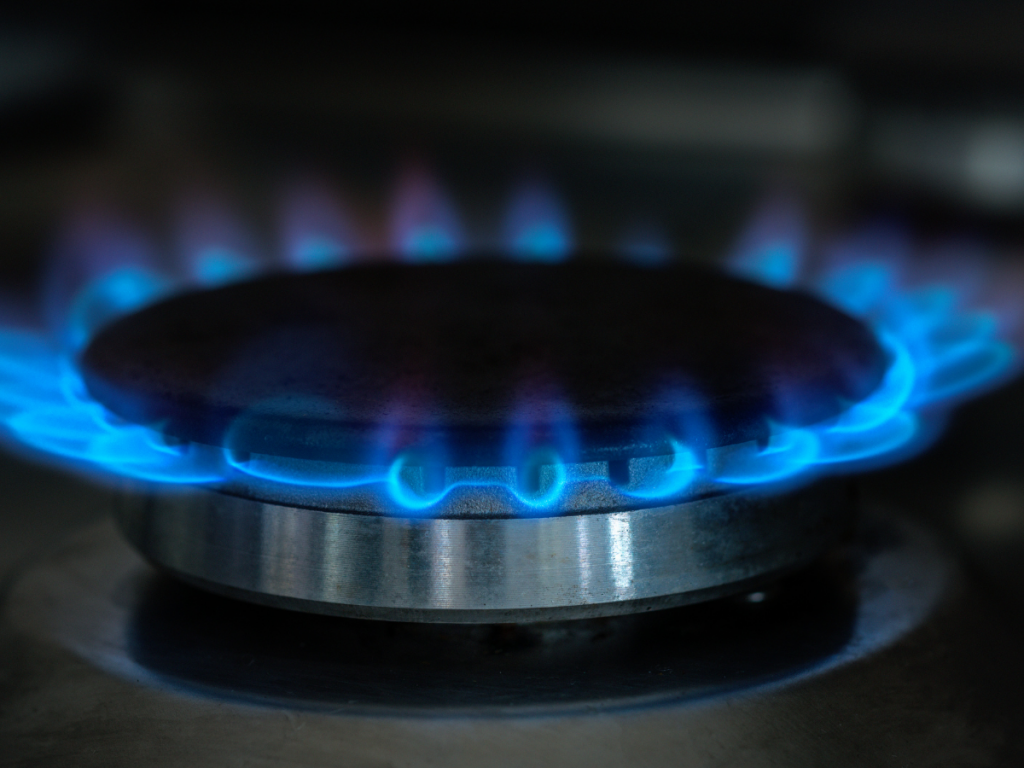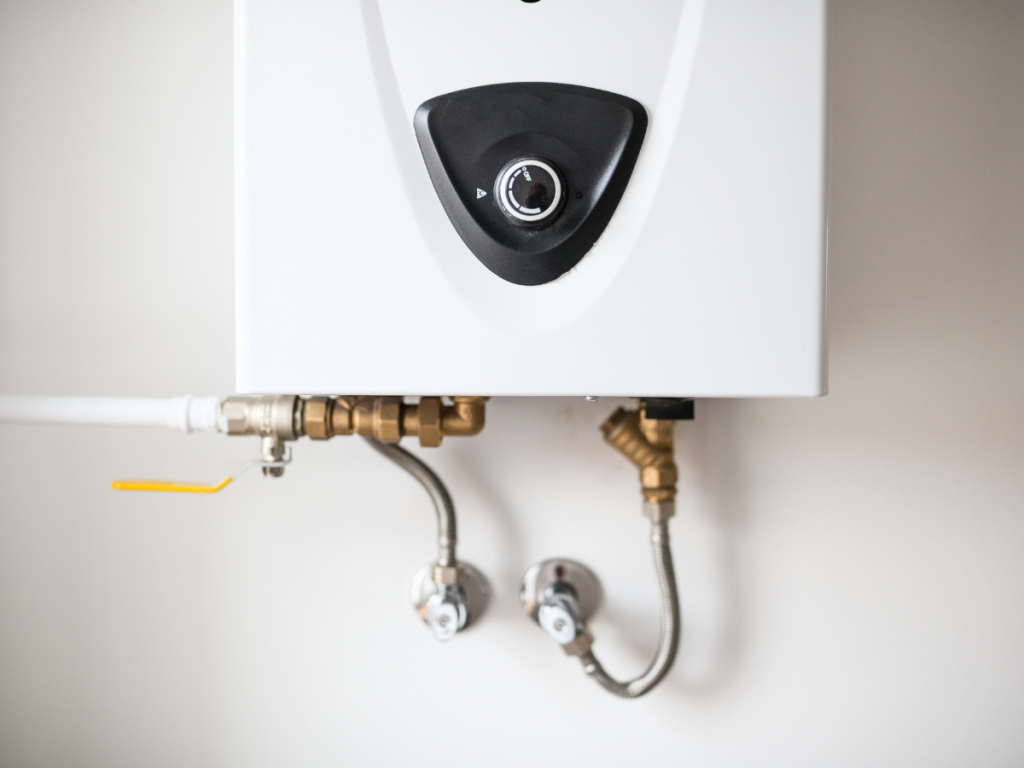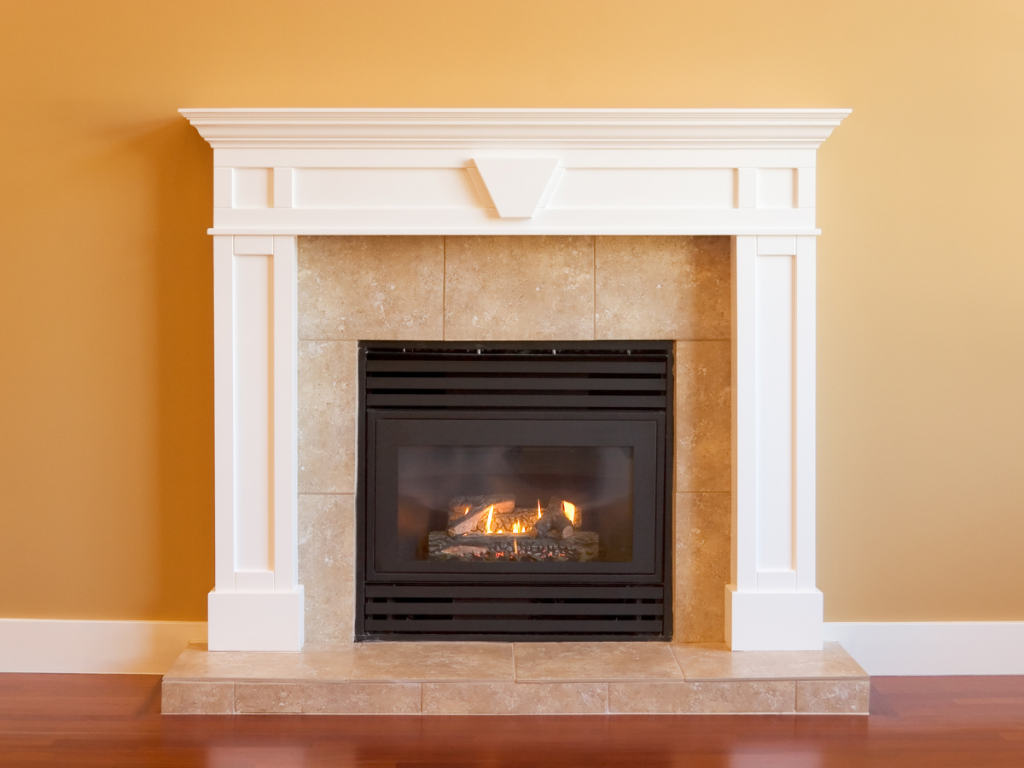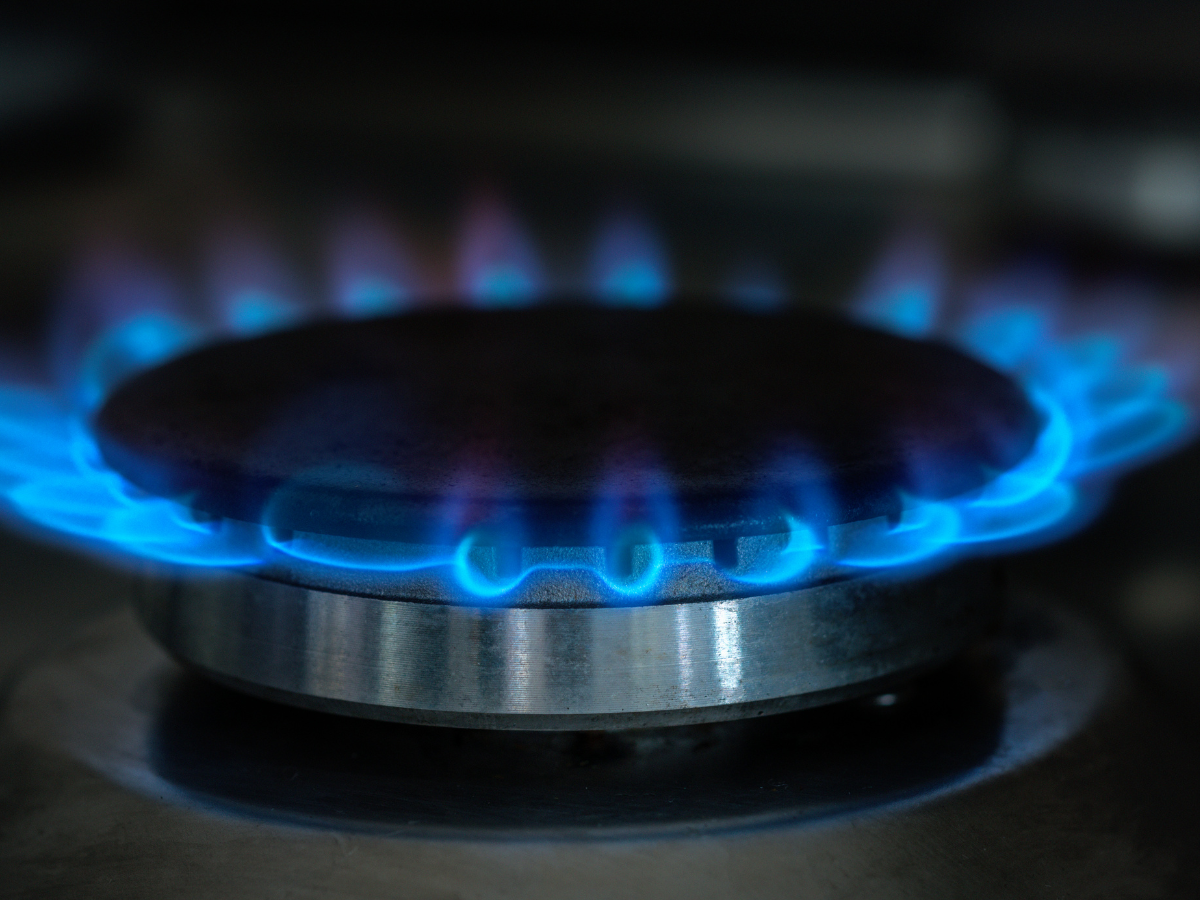Gas safety is of paramount importance in UK homes to ensure the well-being of residents and maintain a safe living environment. As a responsible homeowner, understanding the essential aspects and following proper guidelines can prevent accidents and save lives. In this comprehensive guide, we’ll explore the importance of safety and safety checks in UK homes, along with practical tips to keep your home safe.

The Importance of Gas Safety:
Gas is a widely used energy source in UK households, powering heating systems, water heaters, and cooking appliances. While it offers convenience, improper handling or neglect of gas systems can lead to leaks, fires, explosions, and carbon monoxide poisoning. According to the UK’s Health and Safety Executive (HSE), around 60 fatalities and over 200 injuries occur each year due to gas-related incidents. Whilst gas use is being discouraged in the UK and the government is moving to phase out the use of boilers, cookers and other items that use gas, in favour of greener and more carbon neutral processes, many homes still use gas so it’s always good to be aware and prepared to manage if that is your home.
Key Safety Tips:
- Regular Servicing: Schedule an annual safety inspection by a Gas Safe registered engineer. Regular servicing ensures that appliances are operating efficiently and safely.
- Gas Safe Registered Engineers: Only hire Gas Safe registered engineers for installation, servicing, and repairs. Their expertise guarantees compliance with safety regulations.
- Install Carbon Monoxide Detectors: Carbon monoxide is a silent killer, as it’s colorless and odorless. Installing carbon monoxide detectors in key areas can provide early warnings.
- Ventilation: Proper ventilation is crucial for gas appliances to function safely. Ensure that air vents and flues are clear of blockages.
- Check for Leaks: Familiarize yourself with the smell of gas (similar to rotten eggs). If you suspect a gas leak, open windows, turn off the gas supply, and contact a professional immediately.
- Don’t Block Flues: Blocked flues can lead to carbon monoxide buildup. Avoid blocking vents, and ensure they’re regularly inspected.
- Keep Clearances: Maintain sufficient clearance around gas appliances to prevent overheating and ensure proper air circulation.
- Cooking Safety: While cooking, ensure that pan handles aren’t over open flames to prevent accidental spills.
- Educate Family Members: Teach your family members about safety, including recognizing the signs of a gas leak and knowing how to turn off the gas supply.

Regulations:
In the UK, safety is regulated by the Gas Safety (Installation and Use) Regulations 1998. These regulations mandate annual gas safety checks by registered engineers for all rented properties. Landlords are legally obligated to provide tenants with a copy of the certificate.
So, if you are a homeowner, or buying a home then you need need to be aware and take responsibility for the safety checks for gas consuming items in your home, including gas fires, boilers, cookers and anything else that is gas fired. If you are a tenant then you MUST have an annual check performed by your landlord (and they must use someone who is registered as a gas safety engineer, and produce a certificate you can keep) and if you are a landlord you must make sure you are responsible and up to date with the properties that you own, to protect your tenants and not risk prosecution or very serious consequences of skipping gas safety checks.

You can find more information here too.
It’s not worth skipping a gas safety check or putting it off.

